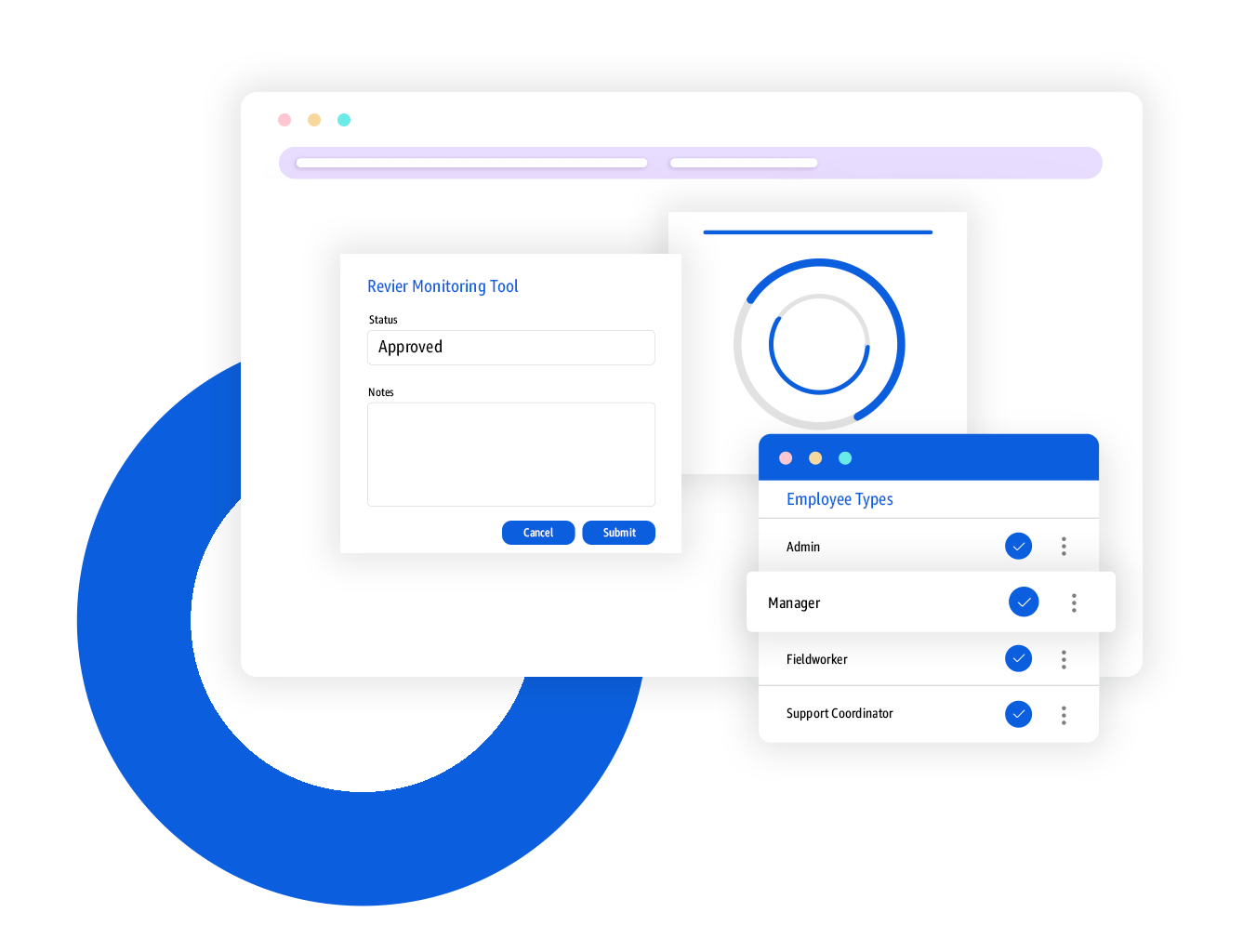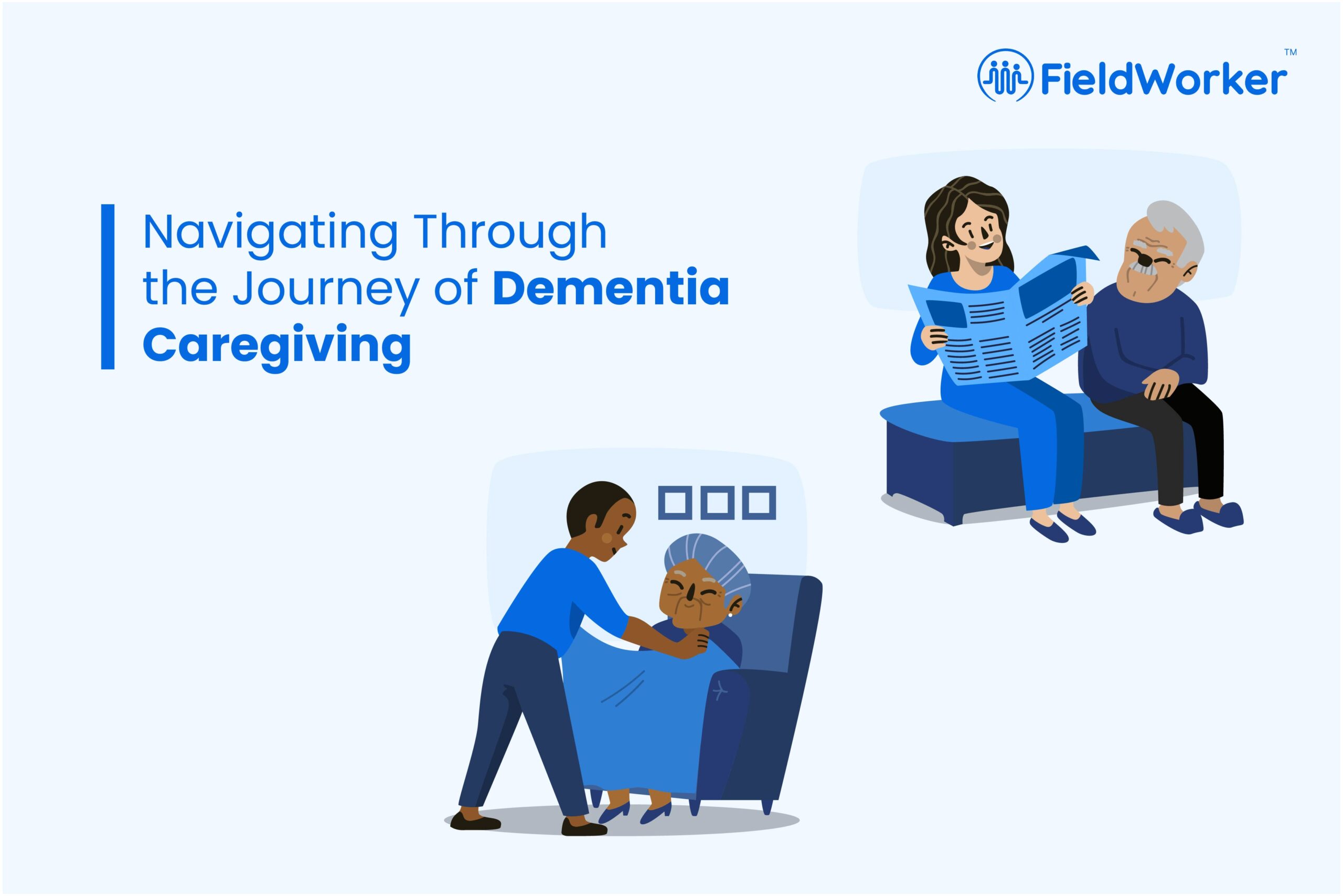Caring for a loved one with dementia is a journey fraught with diverse emotions. Moreover, it requires immense resilience, and support to care for someone with dementia.
Hence, in recent years, the importance of caregiver support groups are encouraged by the government and caregivers’ families. They work as crucial resources for those who are actively caring for their family members with Dementia.
These groups are like safe haven for caregivers to share experiences, exchange advice, and find comfort in knowing they are not alone on this journey.
Understanding Dementia Caregiving
Dementia progresses daily, affecting memory, behavior, and the ability to perform daily tasks.
And as the condition advances, individuals with dementia increasingly grow dependent on caregivers for everything. From taking vital decisions, to assisting these individuals for their everyday tasks, caregivers have a lot of work to do.
Therefore, this role not only physically but also emotionally demands a lot from the caregiver. Which is why they often feel overwhelmed and look for strong support.
Caregivers often find themselves in complex situations. These include managing behavioral changes, handling medication schedules, ensuring safety at home, and coping with the grief of watching their loved one’s health deteriorate.
The Vital Role of Support Groups
Dementia caregiver support groups come as a blessing for those facing such challenges. These groups consist of caregivers sharing their thoughts, and emotions in a collaborative environment.
These gatherings provide a platform for caregivers to do a lot of things. And they include:
- Share Experiences
Caregivers can get in touch with each other and share their unique experience for peer-to-peer support. Moreover, sharing experience can help caregivers feel validated, which reduces the strong feelings of isolation.
- Exchange Practical Advice
Support groups can help caregivers come together and find new strategies to take better care of their loved ones and navigate the healthcare system. Apart from that, group members can also come up with fresh caregiving ideas that will make their tasks easier.
- Access Information and Resources
With the right support groups, by your side you can listen to guest speakers and healthcare professionals deliver lectures. They will provide tips on relevant topics such as dementia stages, caregiving techniques, and self-care. The caregivers can also learn about community resources, respite care options, and legal considerations related to caregiving.
- Emotional Support
Support groups help caregivers learn how to manage complex emotions like stress, grief, guilt, associated with caregiving. Apart from that the support groups will also help the caregivers strengthen their resilience and ability to face challenges by letting them share their individual experience.
Medicare’s New Initiative
*Medicare has recently taken the initiative to enhance support for dementia caregivers through various innovative programs. After finding out the job of caregivers, Medicare has allocated resources to ensure the promotion, development and expansion of caregiver groups.
Through this initiative, Medicare aims to do a couple of things, and they include the following:
- Increase Accessibility
Medicare seeks to reach a broader demographic of caregivers, including those in underserved areas by funding more support groups and improving access to existing ones. It will help the caregivers as an entire community.
- Enhance Quality
Apart from increasing accessibility Medicare ensures that the caregivers get meaningful support from groups. Hence, they want support groups to meet specific criteria for effectiveness.
- Promote Education
Medicare also ensures literature and training for caregivers to empower them with knowledge and about dementia, caregiving techniques and all the available resources.
The Impact of Support Groups on Caregivers
There are far-reaching benefits of becoming a dementia caregiver support group. They include reduced isolation, better coping skills, and well-being. Let us discuss in detail and find out more about them.
- Reduced Isolation
Support groups help caregivers from feeling isolated. Moreover, they also provide the caregivers with a sense of belonging and people who understand them.
- Improved Coping Skills
Support groups also help caregivers to stretch their ability to cope. Once introduced to each other, the caregivers gain new perspectives about their responsibility that help them to cope better with their situation.
- Enhanced Well-Being
The support groups help caregivers with stress management by providing them with emotional support. Apart from that, support groups also provide caregivers with stress management techniques for their well-being.
How to Find & Join a Support Group
If you’re a caregiver seeking support through a dementia caregiver group, finding the right support group is not an issue. If you do your research properly, ask important questions and trend regular meetings, you will be able to find your preferred support group. Here is how you do it.
- Research
Your local organizations, hospitals and community will contain information about support groups. So you can contact them to collect information on them. You can also resort to online directories for the same, and get information from there.
- Attend Meetings
Many groups let caregivers to attend a meeting before committing to regular participation. Attend meetings of various support groups and find out the right one for you.
- Ask Questions
Don’t shy away from asking questions like structure of the group, regularly discussed topics, and educational components offered by the support groups. - Connect
Build connections with other caregivers and listen to their stories. It will help you find what you are looking for.
Conclusion
To conclude, dementia caregiving is a journey that requires compassion, support, and resilience. Therefore, Initiatives like Medicare’s support group funding continue to expand, and more caregivers now have more access to the support they deserve during this journey. If you’re a caregiver, don’t hesitate to reach out and reap the benefits of a dementia caregiver support group. You know you don’t have to navigate this journey alone.

